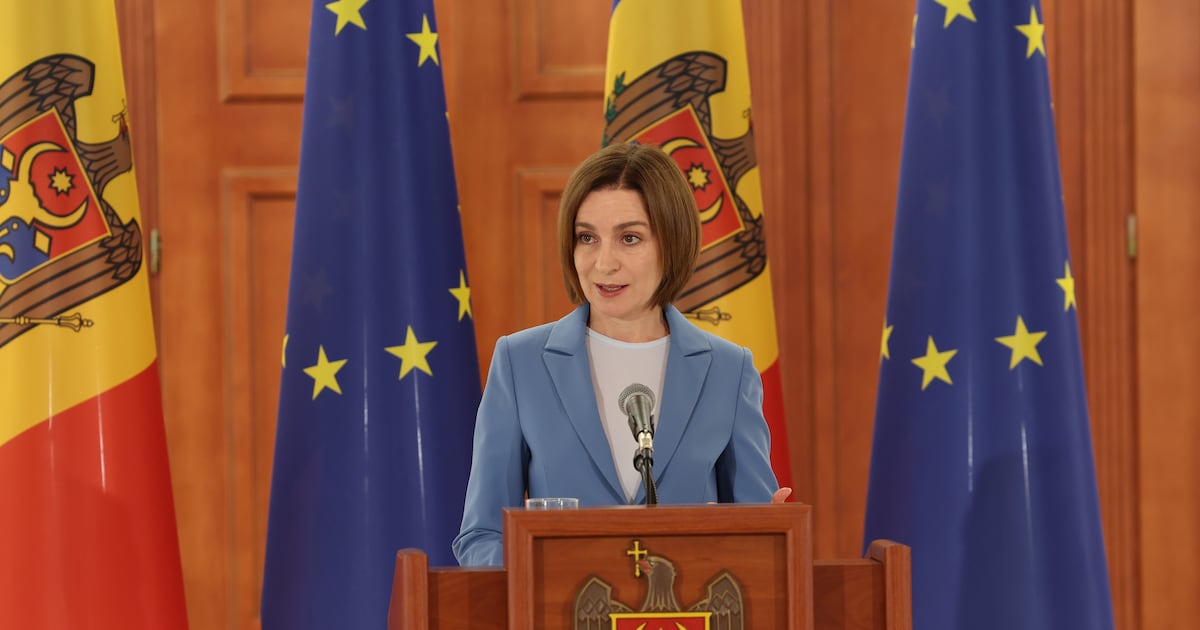Opinion
The Irish Times view on Moldova’s election: a tilt towards the EU

Read more on post.
The emphatic victory for Moldovan president Maia Sandu’s pro-EU party in the country’s general elections is significant for its own future and for the wider European politics that loomed large in this campaign. Sandu’s EU Action and Solidarity party defeated its main rival, the Patriotic Bloc led by former president Igon Dodor, who favours a more pro-Russian future for Moldova. Sandwiched between Romania and Ukraine, the small state of 2.4 million people is a bitterly contested space between the EU and Russia. Both invested heavily in the outcome.
The result should enable Sandu’s party to form a coalition that will confirm the country’s aspiration to become an EU member by 2030. It follows her own re-election on a similar platform in last year’s presidential contest. A US-educated former World Bank official, she underlined how consequential the result would be and accused Russia of mounting a huge propaganda campaign to turn it against her. There is ample evidence to support her on both counts. She also successfully alerted EU leaders to these realities, causing them to intervene on her behalf.
Moldova has been deeply affected by the Ukraine war, hosting 165,000 refugees, seeing its energy prices and inflation rates soar, its agricultural exports fall and overall poverty rates increase. All this has slowed down the political and economic reforms required to prepare for EU membership, potentially diminishing Sandu’s appeal and credibility. Her party secured overwhelming support from the country’s million-strong diaspora. It can now hope to speed up delivery of its programme with more EU aid for infrastructural development and market access.
That EU support should be more readily forthcoming because of these results. They matter a lot as the EU decides how its own security needs must be developed to match Russia’s more aggressive political and military postures in adjoining states. The symbolic importance of this result outweighs Moldova’s size and will re-energise arguments for a more rapid enlargement of the EU.







